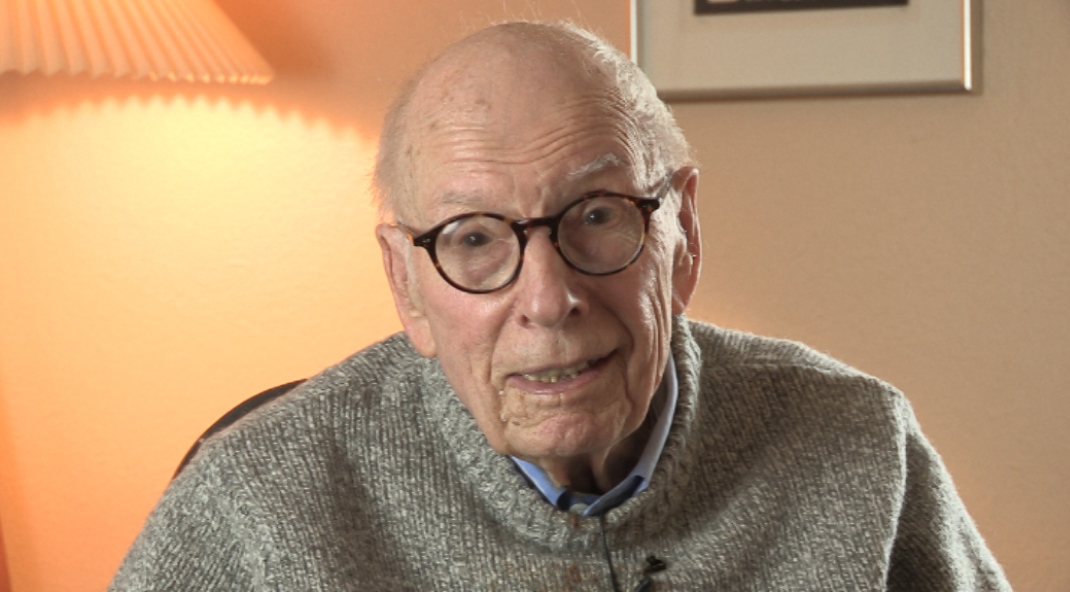NEXT STORY

What’s special about slime molds?
RELATED STORIES

NEXT STORY

What’s special about slime molds?
RELATED STORIES


|
Views | Duration | |
|---|---|---|---|
| 51. Notable scientist friends | 70 | 03:42 | |
| 52. A memorable meal | 58 | 03:08 | |
| 53. The brilliant JBS Haldane | 269 | 01:15 | |
| 54. Discovery of cyclic AMP creates a stir | 47 | 04:10 | |
| 55. Progress in experimental biology | 24 | 03:36 | |
| 56. Is my kind of biology ‘dead wood’? | 49 | 02:24 | |
| 57. If not slime molds, then what? | 35 | 01:15 | |
| 58. Natural selection in small organisms | 28 | 02:00 | |
| 59. What’s special about slime molds? | 44 | 01:48 |
